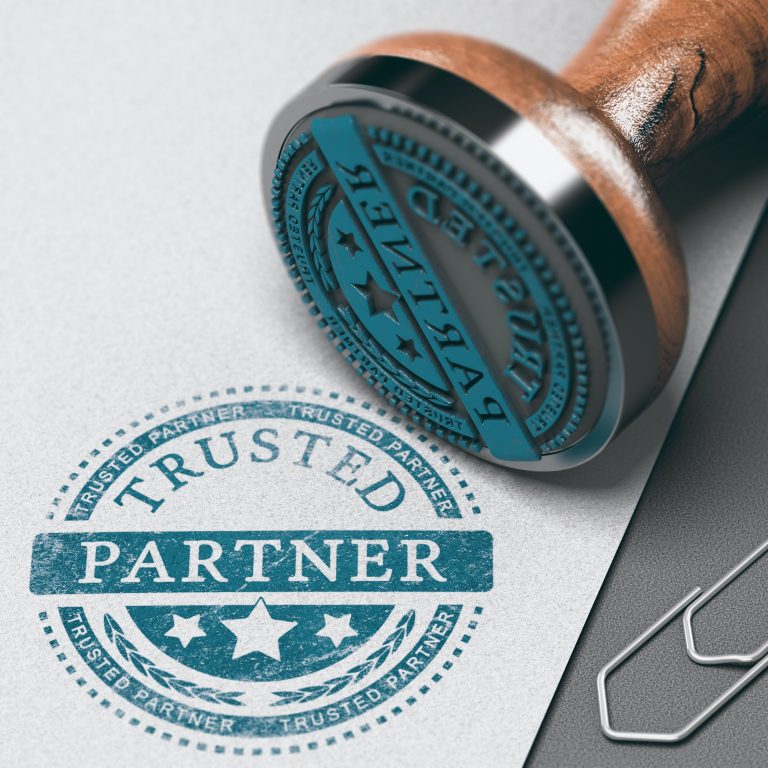Are You Ready for Home Ownership?
Article sections
Are You Ready for Home Ownership?
There are few things in life that can generate feelings of fulfilment and pride like owning one’s home. Because your home is such an important part of your life, you need to make sure that you are well informed and can make the right choices on your way to homeownership. This starts with determining if you are ready. These questions should help you decide.
- Are you really certain that you want to build or buy a home?
- Are you thinking of relocating overseas?
- Are you planning major expenditure in the next three years, including having children?
- Can borrow sufficient to enable you to buy or build a home you can truly enjoy – because you may have to live in it for a while? Can you afford the downpayment and closing costs?
- Can you afford the ongoing cost of owning a home, such as taxes, maintenance and repairs? Have you been in your current job for more than three years and do you expect to stay in your current job for the next two to three years?
- How good is your credit history and will your existing debts reduce what you can afford?
Give us a call at Lashley Financial, to help you determine whether you are ready.
Owning…..
Acquiring a house is a major commitment and before you begin the process you should be sure that such a move fits in with your budget and your future plans.
If you plan to be leaving the area soon or you move frequently because of your career it may be better to rent an apartment or house for that period rather than buy or build.
But compared to renting, owning a home has major advantages, including:
- Much of the homeowner’s costs (e.g. mortgage interest, insurance) is tax-deductible, while a smaller portion of rental payments are;
- the homeowner’s mortgage payments eventually stop, renters pay rent as long as they live;
- any increase in the home’s value belongs to the homeowner; renters keep none of this equity; and
- homeowners can make their houses into their homes as they choose, while renters have major restrictions.
For all these reasons and the joy of being the king and queen of your domain, owning a home is still the primary goal for most of us. Let us work with you to do it right. Before you get started, let us discuss:
- the process for owning your home
- your financial situation, your ability to make mortgage payments and afford other costs of owning a home
- who you will need, like a lawyer and a bank, to help with the home buying process
- your lifestyle and how it might affect your choice of home and neighbourhood
- current home prices in the neighbourhoods you plan to target or building costs.
There is nothing wrong with deferring your house plans a bit while you work on getting it right.
….a House or Condominium….
Whether you select a house or condominium is primarily a lifestyle choice.
A condominium is a set of units, whether flats or houses, where each is individually owned. You are responsible for maintenance and utilities in your unit but the use and cost of certain communal facilities such as swimming pool, gym and gardens may be shared with the other condo owners. Increasingly condominiums are being built in gated communities with their own security.
Whether you take a condo or a house depends on your family’s needs and preferences and what you can afford.
….or Renting
When you rent you are paying for the use of that property but you do not own it. Therefore, renting should be suitable for short-term arrangements. Before you decide to rent a place:
- Look at the location (proximity to work, etc.) and the neighbourhood
- Inspect for physical damage and safety issues
- Be sure you can afford it. It is not advisable to spend more than 25% of your gross salary on rent. The more you spend on rent, the less you have for living expenses, saving and investing.
- You may be asked to pay a deposit. This is usually equivalent to the first few months’ rent. Your landlord holds this money as security against any damages you inflict and it may be refunded to you at the end of your tenure provided the apartment is in good condition.
Recently, part of your rent has become eligible as a tax allowance – make sure you take advantage of this.




